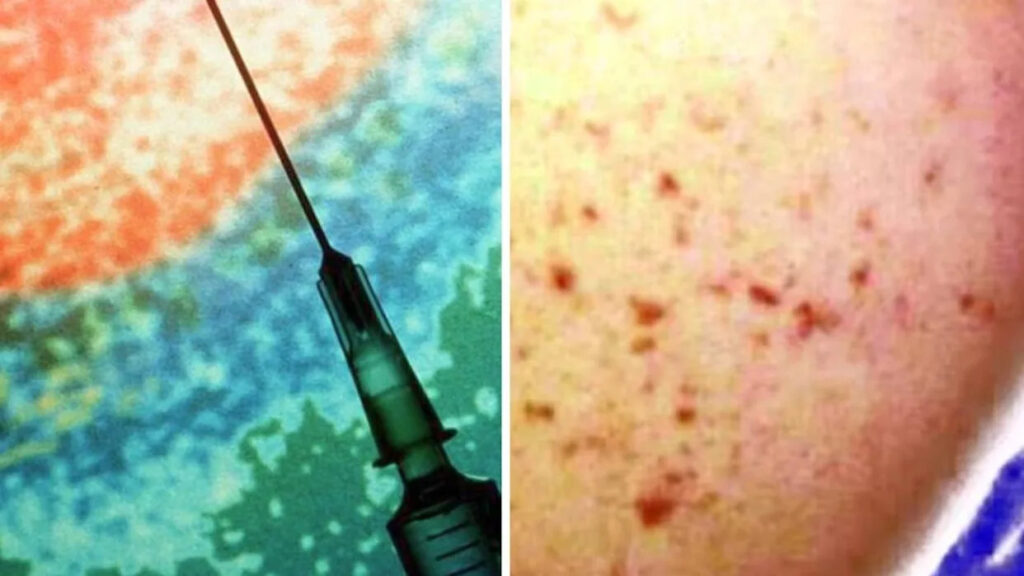
Health authorities in South Australia have issued an urgent warning following the hospitalization of two women diagnosed with invasive meningococcal disease, specifically serotype B. The affected individuals, aged 29 and 55, are residents of the same household in inner-city Adelaide. This serious infection, caused by bacteria typically found in the nose and throat, poses a significant health risk and has prompted immediate public health actions.
According to SA Health, the two women were hospitalized after showing symptoms consistent with meningococcal disease. This year, South Australia has reported a total of 12 cases of this infection, with a broader tally of 30 cases recorded throughout 2024. The authorities have identified multiple individuals who were in contact with the infected pair, leading to nine people being advised to take antibiotics as a precautionary measure to prevent further transmission.
Symptoms of meningococcal disease can manifest quickly and include headache, fever, vomiting, and neck stiffness. Additionally, individuals may experience discomfort when looking at lights. A notable indicator is the appearance of a skin rash, characterized by tiny red or purple spots that may expand and resemble fresh bruises. In young children, the disease can present with increased irritability, difficulty waking, refusal to eat, leg pain, cold extremities, and a high-pitched or moaning cry.
SA Health emphasizes the importance of remaining vigilant and encourages all Australians to ensure they are up-to-date with their meningococcal vaccinations. These vaccines are a key measure in controlling the spread of this potentially life-threatening infection. The public is advised to seek medical attention promptly if symptoms arise, particularly following contact with known cases.
As health officials continue to monitor the situation, the community is reminded of the critical nature of preventive health measures and the role of vaccination in safeguarding public health.






